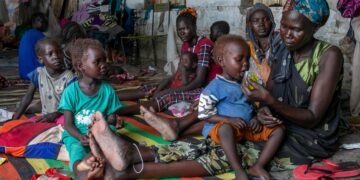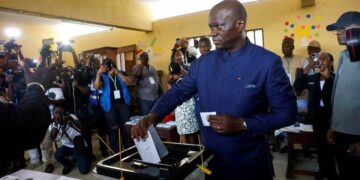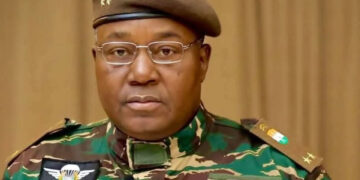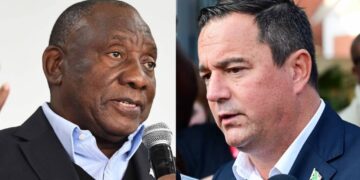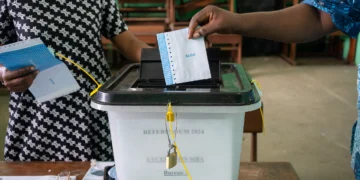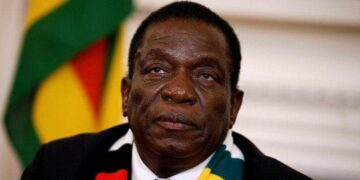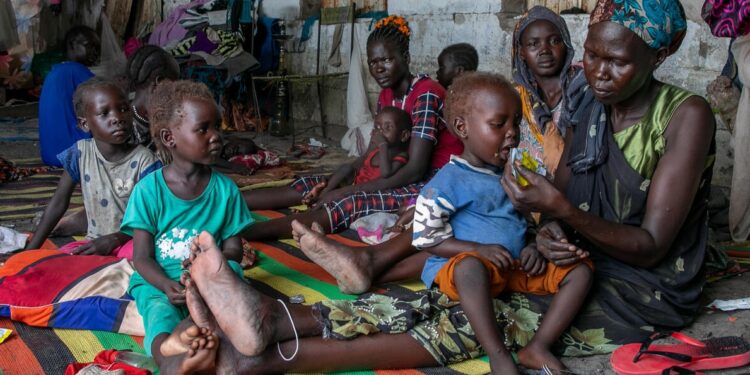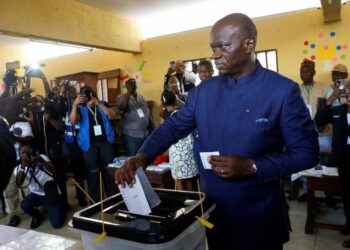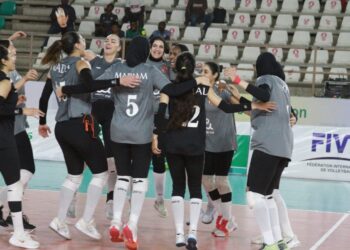By Ebi Kesiena
A recent reduction in US humanitarian assistance to South Sudan has sparked a worsening health crisis, resulting in the deaths of at least eight people, including five children, who were forced to walk for hours in search of medical treatment for cholera.
The distressing development was disclosed by Christopher Nyamandi, Save the Children’s Country Director in South Sudan, who blamed the consequences of international decisions on the most vulnerable. “There should be global moral outrage that the decisions made by powerful people in other countries have led to child deaths in just a matter of weeks,” Nyamandi said.
The victims reportedly died during a gruelling three-hour journey to reach medical care, highlighting the severe impact of the aid cuts, particularly in hard-hit regions like Jonglei State.
Experts have issued grave warnings that the scale of the US cuts, most notably the cancellation of over 90% of contracts funded by the US Agency for International Development (USAID), could result in the deaths of millions in the coming years. Diseases such as malaria, tuberculosis, HIV/AIDS, and malnutrition are expected to surge, placing already fragile communities at greater risk.
In response to the reports, a spokesperson for the US State Department stated that while some emergency aid programmes remain in place, cuts were necessary due to concerns about widespread misuse of funds by South Sudan’s political elite.
“While emergency life-saving programmes continue, we will not, in good conscience, ask the American taxpayer to provide assistance that effectively subsidises the irresponsible and corrupt behaviour of South Sudan’s political leaders,” the spokesperson said.
Although South Sudan’s government has acknowledged general issues of public sector corruption in the past, it has repeatedly denied direct allegations involving key figures, including those implicating President Salva Kiir and his family.
Meanwhile, Save the Children, one of the largest NGOs operating in the country, reported that it had to shut down seven of its 27 health facilities in eastern South Sudan’s Jonglei State earlier this year due to the funding shortfall. The remaining 20 facilities are now only partially functional. These centres provide vital services such as vaccination, emergency care, and maternal health support.
